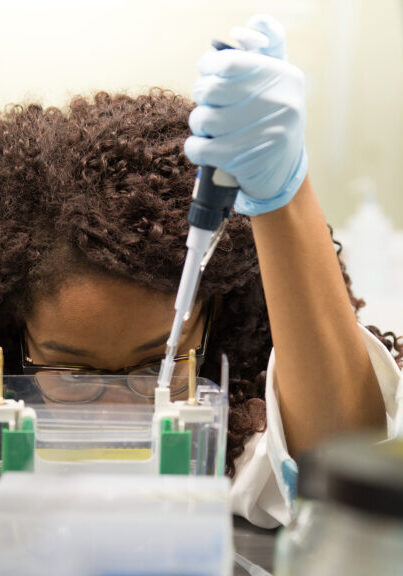Districts
OnRamps offers dual enrollment courses designed by The University of Texas at Austin faculty for high school students to engage in authentic college experiences and for their teachers to deepen their content knowledge and impact in the classroom.
Together with our district partners, we create dynamic experiences that advance student success while lowering barriers to access and opportunity.
2023-2024 OnRamps Cohort


Of Eligible Students
Earned College Credit
Our Offerings and Approach
Our district partnerships are centered around:
- Leveraging a facilitated network of teachers, faculty, institutional leaders, and districts and campus staff to have a greater impact on student success
- Strengthening instructional and organizational capacity to increase recruitment, enrollment, retention and completion outcomes
-
Advancing accountability goals while promoting a college-going culture
Our resources and support for district partners include:
- Real-time access to a designated, regional point of contact on the OnRamps Partnership team
- Guidance on recruitment, implementation, and retention
- In-person and on-demand informational and parent night presentations (available in English and Spanish)
- Comprehensive promotional and administrative materials
OnRamps on Your Campus
Students prepare for the academic demands and social expectations of higher education through our college-credit-bearing courses. They are empowered to take on the role of college student at a low risk, due in part to their status as non-matriculated students and our scaffolded support system, and they are able to demonstrate course proficiency beyond test scores and class rank.
Accountability Check: School districts may use OnRamps courses as an indicator of student achievement in their accountability ratings, as noted in the Texas Education Agency’s 2024 Accountability Manual.
From Appendix H: "complete an OnRamps dual enrollment course and qualify for at least three hours of university or college credit in any subject area (from OnRamps program)."
In other words, if a student makes a D- or higher in their OnRamps course, the district will receive a CCMR point regardless if the student accepts or declines the credit.

